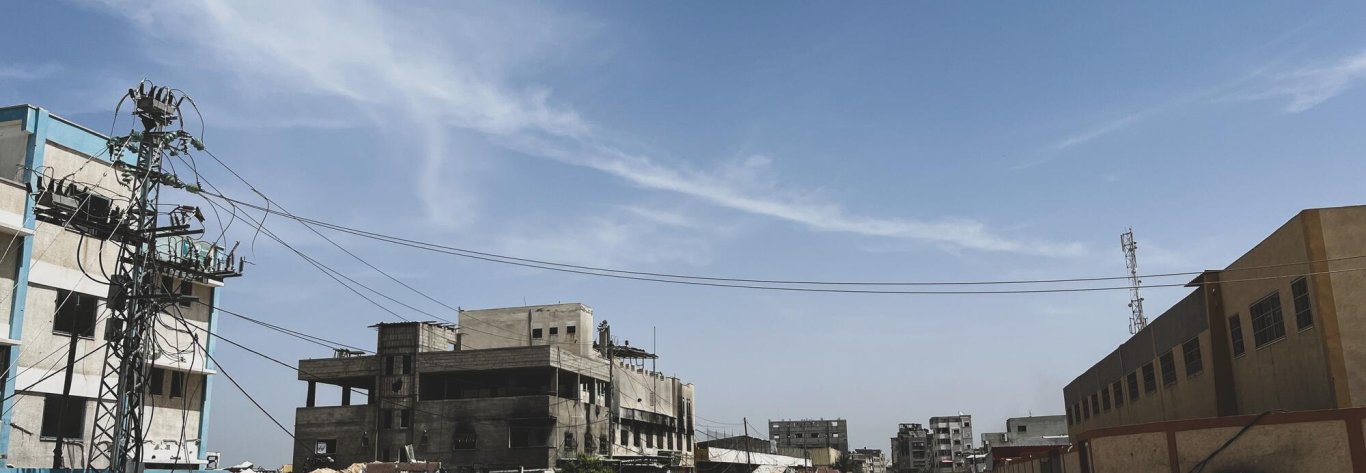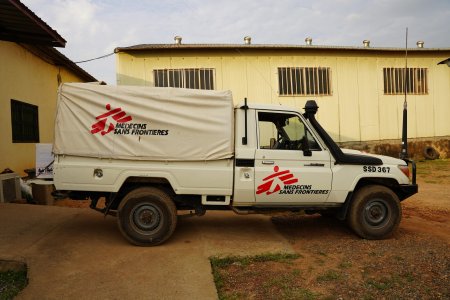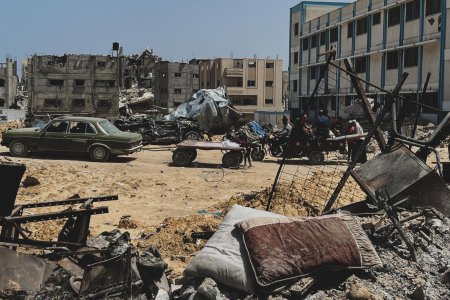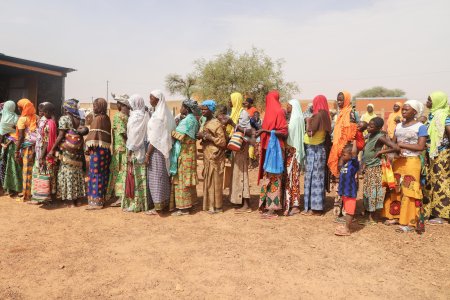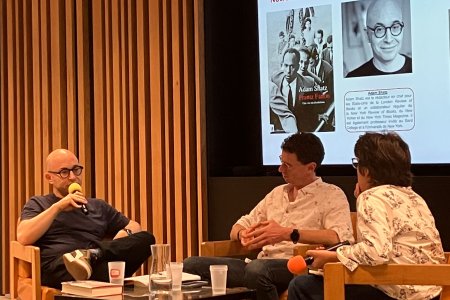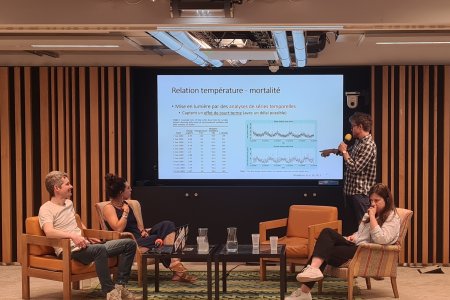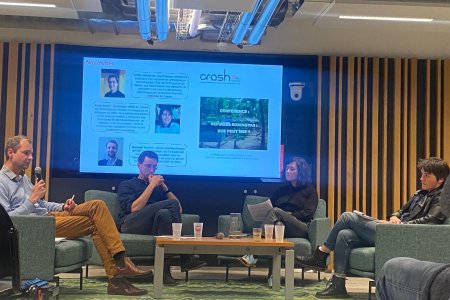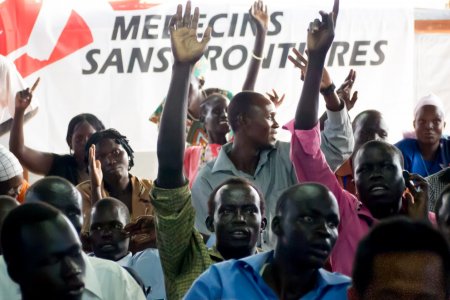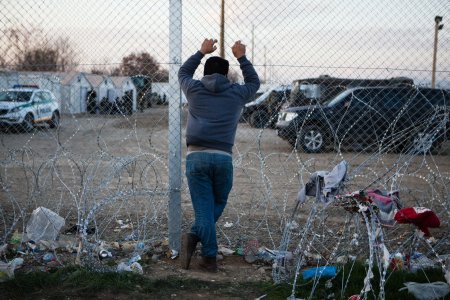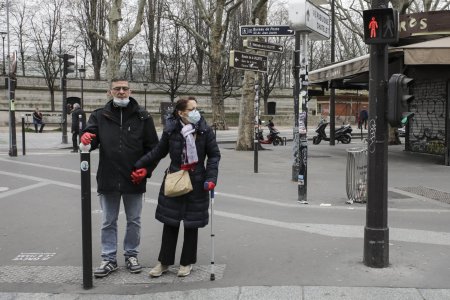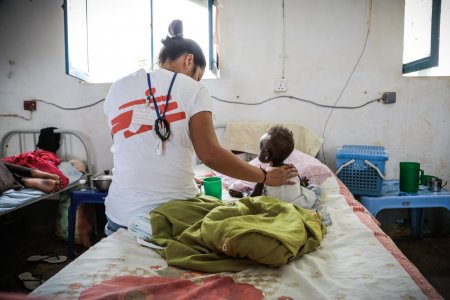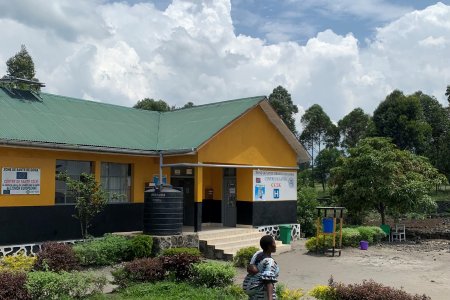 Jacob BurnsAnalysis
Jacob BurnsAnalysisToo much Never Enough : Social Support at MSF
06/24/2024Looking at MSF programming today we see a variety of social support initiatives, as well as projects aimed at treating people in situations of socio-economic difficulty: programs for drug users in Iran, cash distributions for HIV and cancer patients in Malawi, protection and social support for migrants and refugees in Libya. However, the provision of social support is often seen as a marginal activity and there is debate about the appropriateness or relevance, or even the effectiveness, of such activities.
This paper by Jacob Burns on social support is divided in two parts. In the introduction “Practices and Motivations”, he suggests a rough outline of different ‘social’ problems that MSF has turned to and the moments at which it has done so, between the 1980s and the 2010s: street children and people living in slums ; Mission France ; Projects addressing human immunodeficiency virus, tuberculosis, and sexual and gender-based violence ; the responses to the Ebola epidemic in West Africa (2013-2015) and the Democratic Republic of Congo (2018-2019). The author argues that it is possible to break down the motivations for providing social support into three broad categories: to help achieve therapeutic success, to aid the effectiveness of our operations, to enhance the ‘well-being’ of the person.
The second part of the paper is a report of a field visit conducted in October – November 2023 to Goma, DRC. The visit was undertaken with an ethnographic approach: completing observations of the teams’ work with conversations with team members during which Jacob Burns tried to understand as much as possible their reasoning and motivations for the decisions they took. As the author himself says, this paper poses more questions than it provides answers: how do we judge what the ‘real’ needs of people are? What role giving money should have in the provision of humanitarian aid? What agency a person should have when receiving aid? To what extent MSF should work on the sources of the problems it is trying to address, rather than just their symptoms or consequences?

